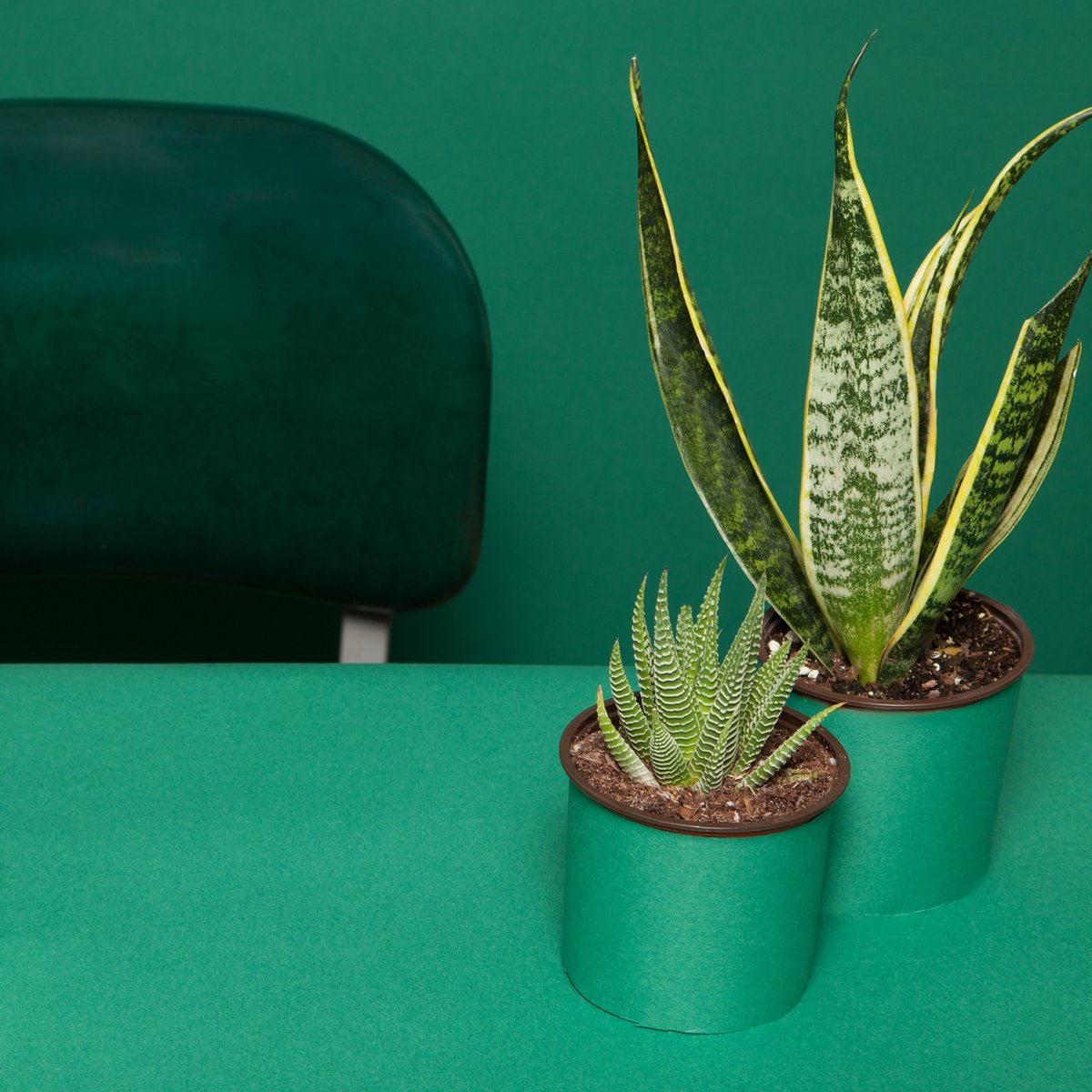<!-- wp:gutenberg-custom-blocks/featured-media {"id":"4886554","url":"https://api.time.com/wp-content/uploads/2017/08/why-taking-vacation-is-good-for-your-health.jpg","caption":"","credit":"Jessica Pettway for TIME","mediaSize":"medium-jw","playlistId":"6s1ULXbi","goJwPlayer":true} -->

<!-- /wp:gutenberg-custom-blocks/featured-media --><!-- wp:paragraph -->
Taking time off from work or the daily grind not only helps people de-stress and feel happier, but it also helps productivity and mood—as long as you do it right.
Happiness Guide
<!-- /wp:paragraph --><!-- wp:paragraph -->
But the barrier to entry is high, since many Americans don’t even take their allotted vacation time. Fewer Americans are going on vacation now than in the past: Data suggests that Americans used to take nearly three weeks of vacation a year in 2000, but took just slightly more than two weeks in 2015. Even when people are on vacation, more than 60% say they keep working remotely.
<!-- /wp:paragraph --><!-- wp:paragraph -->
Yet the benefits of vacation are clear. “We know that taking a break is extremely good for one’s mental health,” says Susan Krauss Whitbourne, an adjunct professor of gerontology at the University of Massachusetts Boston, who frequently writes about the benefits of vacation. “It puts you in a different frame of mind, gets you out of your standard patterns and can give you time with family.”
<!-- /wp:paragraph --><!-- wp:paragraph -->
MORE: TIME Guide To Happiness
<!-- /wp:paragraph --><!-- wp:paragraph -->
It also helps busy people hit refresh, in a sense. In one survey of 414 travelers, 94% said they had as much or more energy after coming back after a good trip, and 55% who had a low-stress trip returned to work with even higher levels of energy than before.. “It’s good to just get out of the day to day drudgery,” says Whitbourne.
<!-- /wp:paragraph --><!-- wp:paragraph -->
The type of vacation matters, of course. If planned poorly, a vacation can actually lead to more stress. According to a 2010 report, a vacation where there’s lots of travel stress, like figuring out transportation logistics or feeling unsafe, can make vacationers feel less happy and more frazzled than they were before the trip. Taking the time to plan the trip can help ensure things run smoothly. In that same survey, 28% of people who said they had a bad vacation also said they left planning to the last minute.
<!-- /wp:paragraph --><!-- wp:paragraph -->
Managing expectations is also key to having an enjoyable break. Your happiness will fluctuate during a vacation, after all. “If you understand people have different happiness levels over the course of vacation, that can give you some ideas for how to spend it,” says Whitbourne. “Have alone time or take a break, then come back together.”
<!-- /wp:paragraph --><!-- wp:paragraph -->
MORE: TIME Guide To Happiness
<!-- /wp:paragraph --><!-- wp:paragraph -->
And don’t forget to document your trip on your camera. “Take pictures, so that you can look back on them and the memories of vacation,” says Whitbourne.
<!-- /wp:paragraph --><!-- wp:paragraph -->
Even if your trip seems to be filled with more mishaps than good memories, all is not lost: you can usually turn weird, bad or disappointing experiences into family jokes. “Everyone has those nightmare travel stories,” Whitbourne says. “But those can really bond families or partners.”
<!-- /wp:paragraph -->
